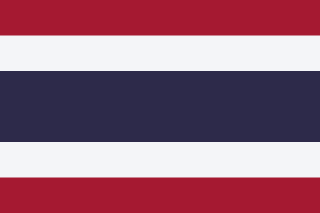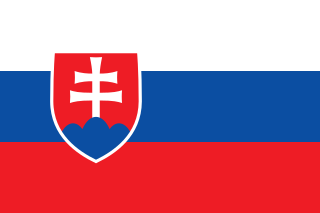Shooting at the 2008 Summer Paralympics consisted of twelve events. The competition was held in the Beijing Shooting Range Hall from 7 September to 12 September.
Paralympic Shooting classification is the shooting classification in place for the Paralympic Games to help establish fair competition. Classification is governed by the International Paralympic Committee's IPC Shooting. While there are currently three classifications, there were originally five in international competitions. People with physical disabilities as defined by the International Paralympic Committee are eligible to compete.
SH1 is a Paralympic shooting classification.
SH2 is a Paralympic shooting classification.

Shooting at the 2012 Summer Paralympics consisted of twelve events. The competition was held in the Royal Artillery Barracks in Woolwich from 30 August to 6 September.

The Philippine National Shooting Association (PNSA) is the National Sports Association (NSA) governing shooting sports in the Philippines, covering both Olympic discipline shooting sports and non-Olympic shooting events like the bench rest or practical pistol. PNSA is the Philippine shooting sport NSA recognized by and a regular member of the Philippine Olympic Committee (POC), funded by the Philippine Sports Commission (PSC).

Norway competed at the 2016 Summer Paralympics in Rio de Janeiro, Brazil, from 7 September to 18 September 2016. They won a total of eight medals; three gold, two silver and three bronze. Sarah Louise Rung led the team by winning five medals in swimming; two gold, one silver and two bronze.

France competed at the 2016 Summer Paralympics in Rio de Janeiro, Brazil, from 7 September to 18 September 2016. The first places the team qualified were for four athletes in sailing events.

Germany competed at the 2016 Summer Paralympics in Rio de Janeiro, Brazil, from 7 September to 18 September 2016. The first places the team qualified were for four athletes in sailing events. They also qualified athletes in archery, cycling, equestrian, paracanoeing, paratriathlon, rowing and wheelchair basketball.

Thailand competed at the 2016 Summer Paralympics in Rio de Janeiro, Brazil, from 7 September to 18 September 2016.

Sweden is competed at the 2016 Summer Paralympics in Rio de Janeiro, Brazil, from 7 September to 18 September 2016. They won ten medals; one gold, four silver and five bronze.
The World Shooting Para Sport Championships, originally known as the IPC Shooting World Championships, are the world championships for shooting where athletes with a disability compete. They are organised by the International Paralympic Committee (IPC) on a four year rotation with the Paralympic Games.

Iran competed at the 2016 Summer Paralympics in Rio de Janeiro, Brazil, from 7 September to 18 September 2016.

The United Arab Emirates sent athletes to the 2016 Summer Paralympics in Rio de Janeiro, Brazil, from 7 September to 18 September 2016.

China has qualified to send athletes to the 2016 Summer Paralympics in Rio de Janeiro, Brazil, from 7 September to 18 September 2016. Sports China competed in include blind football, archery, boccia, cycling, goalball, judo, paracanoeing, sitting volleyball and wheelchair basketball.

Turkey has qualified to send athletes to the 2016 Summer Paralympics in Rio de Janeiro, Brazil, from 7 September to 18 September 2016. Sports the country qualified to compete in include 5-a-side football, archery, goalball, and wheelchair basketball.

Slovenia competed at the 2016 Summer Paralympics in Rio de Janeiro, from 7 September to 18 September 2016. Sports they qualified athletes to compete at included shooting.
Qualification for shooting at the 2020 Summer Paralympics begins from 1 January 2019 to 21 June 2021. There were three events for male and female sports shooters and seven mixed events. There were a total of 154 athlete quotas.

Slovakia competed at the 2020 Summer Paralympics in Tokyo, Japan, from 24 August to 5 September 2021.

South Korea competed at the 2020 Summer Paralympics in Tokyo, Japan, from 24 August to 5 September 2021.


















